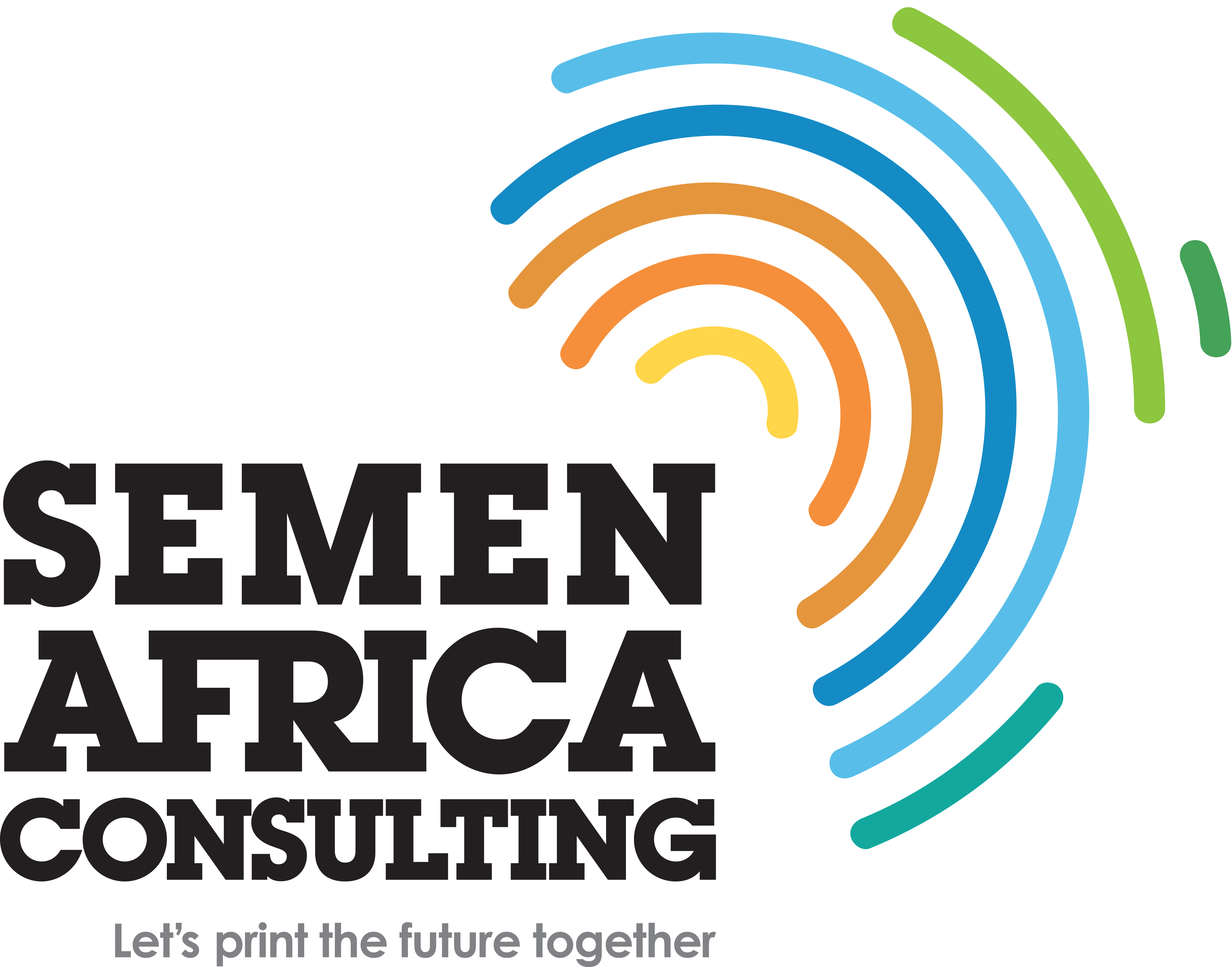The African Energy Technology Conference in Accra brought together African and international leaders to discuss the adoption of advanced energy technologies and policy integration for an equitable energy transition. Faced with an energy deficit affecting businesses and households alike, Africa is actively exploring renewable energies as a means of achieving the Sustainable Development Goals (SDGs).
With 600 million Africans without access to electricity and a predominance of fossil fuels, the continent’s decision-makers are facing international pressure to speed up the transition to renewable energies, in line with the commitments made at COP conferences.
The African energy market is undergoing a major transformation, driven by COP resolutions and the adoption of policies favouring renewable energies to reduce dependence on fossil fuels. However, this transition is being put to the test by the need to revive post-COVID-19 economic growth.
Energy projects in Africa are attracting many Western investors and banks, despite their commitment to achieving carbon neutrality by 2050. Currently, 5,000 investors own stakes in companies involved in fossil fuels on the continent.
According to a Bloomberg report presented at COP 27, investment in renewable energy in Africa has fallen by 30%, despite considerable potential, in contrast to a 9% increase worldwide. Only 2.6 billion dollars have been invested in renewable projects such as wind, solar and geothermal energy.
Africa accounts for just 0.6% of the 434 billion dollars invested globally in renewable energies. Most of the continent’s electricity production is based on fossil fuels, which are expensive and polluting. Significant investment in renewable energies is concentrated mainly in Kenya, South Africa, Egypt and Morocco.



